Understanding Temperature-Controlled Storage for Business Success
For businesses dealing with sensitive inventory, proper storage conditions can mean the difference between profit and loss. Whether you’re storing electronics, pharmaceuticals, or specialty retail items, understanding and implementing proper temperature-controlled storage is crucial for maintaining product integrity and protecting your investment.
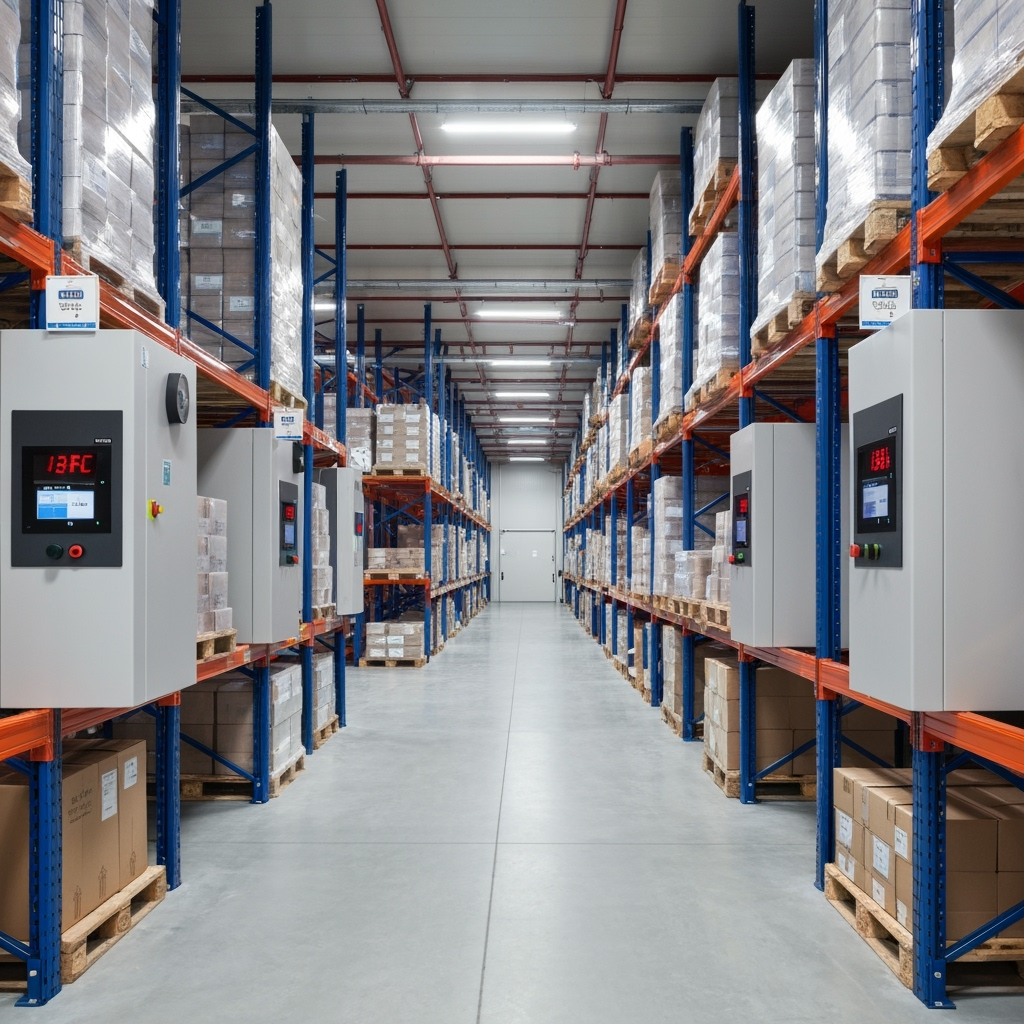
Why Temperature Control Matters for Business Inventory
Temperature fluctuations can significantly impact various types of business inventory:
- Electronics and technical equipment can suffer from condensation and humidity damage
- Pharmaceutical products require strict temperature ranges for efficacy
- Retail inventory like clothing and accessories can develop mold or mildew
- Food service equipment and supplies need consistent climate conditions
Essential Features of Temperature-Controlled Storage
When selecting a temperature-controlled storage solution for your business inventory, look for these critical features:
- 24/7 temperature monitoring systems
- Humidity control capabilities
- Backup power systems
- Modern HVAC equipment
- Proper insulation
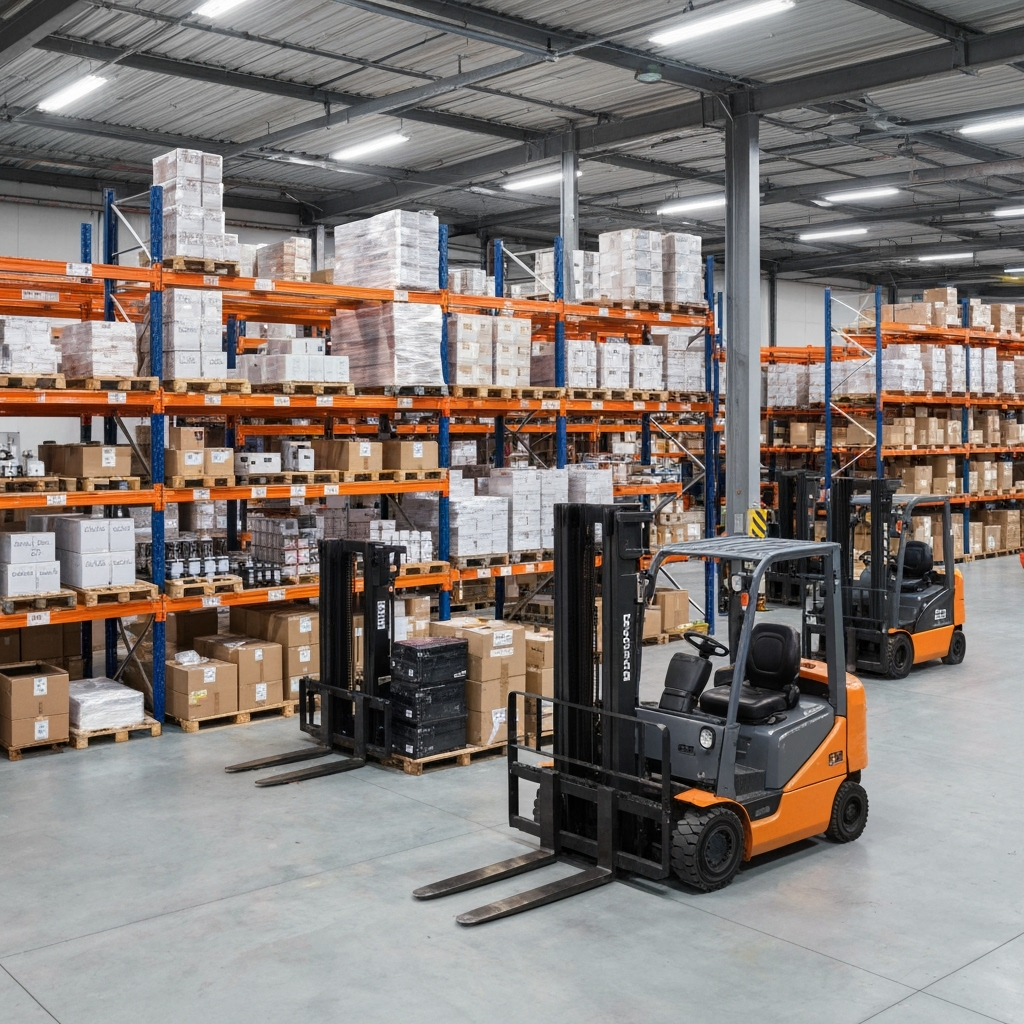
Best Practices for Temperature-Controlled Storage
Follow these guidelines to maximize the benefits of your climate-controlled storage:
- Monitor temperature logs regularly
- Install temperature alert systems
- Maintain proper spacing between items
- Use appropriate packaging materials
- Regular maintenance of climate control equipment
Choosing the Right Temperature Range
Different types of inventory require specific temperature ranges:
- Electronics: 50-80°F (10-27°C)
- Pharmaceuticals: 59-77°F (15-25°C)
- Clothing and Textiles: 65-75°F (18-24°C)
- Paper Products: 65-75°F (18-24°C)
Cost Considerations and ROI
While temperature-controlled storage may come at a premium, consider these factors when calculating ROI:
- Reduced product loss and damage
- Extended shelf life of inventory
- Improved product quality
- Customer satisfaction
- Insurance benefits
Security and Access Considerations
Protect your temperature-controlled storage investment with:
- 24/7 security monitoring
- Limited access controls
- Regular security audits
- Employee training programs
- Emergency response plans
Conclusion: Protecting Your Business Investment
Temperature-controlled storage is an essential investment for businesses with sensitive inventory. By understanding and implementing proper climate control measures, you can protect your products, maintain quality, and ensure customer satisfaction. Remember to regularly review and update your storage practices to keep pace with changing inventory needs and technological advancements in climate control.


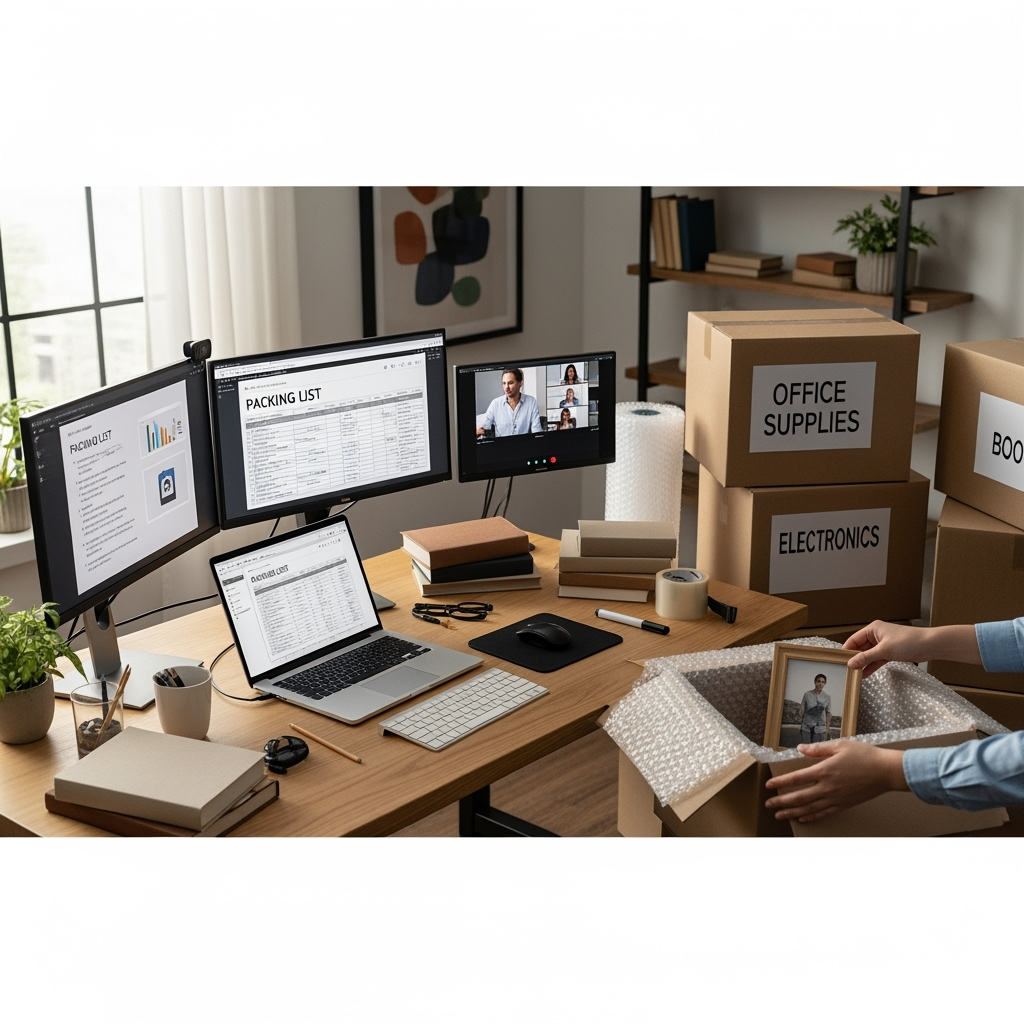
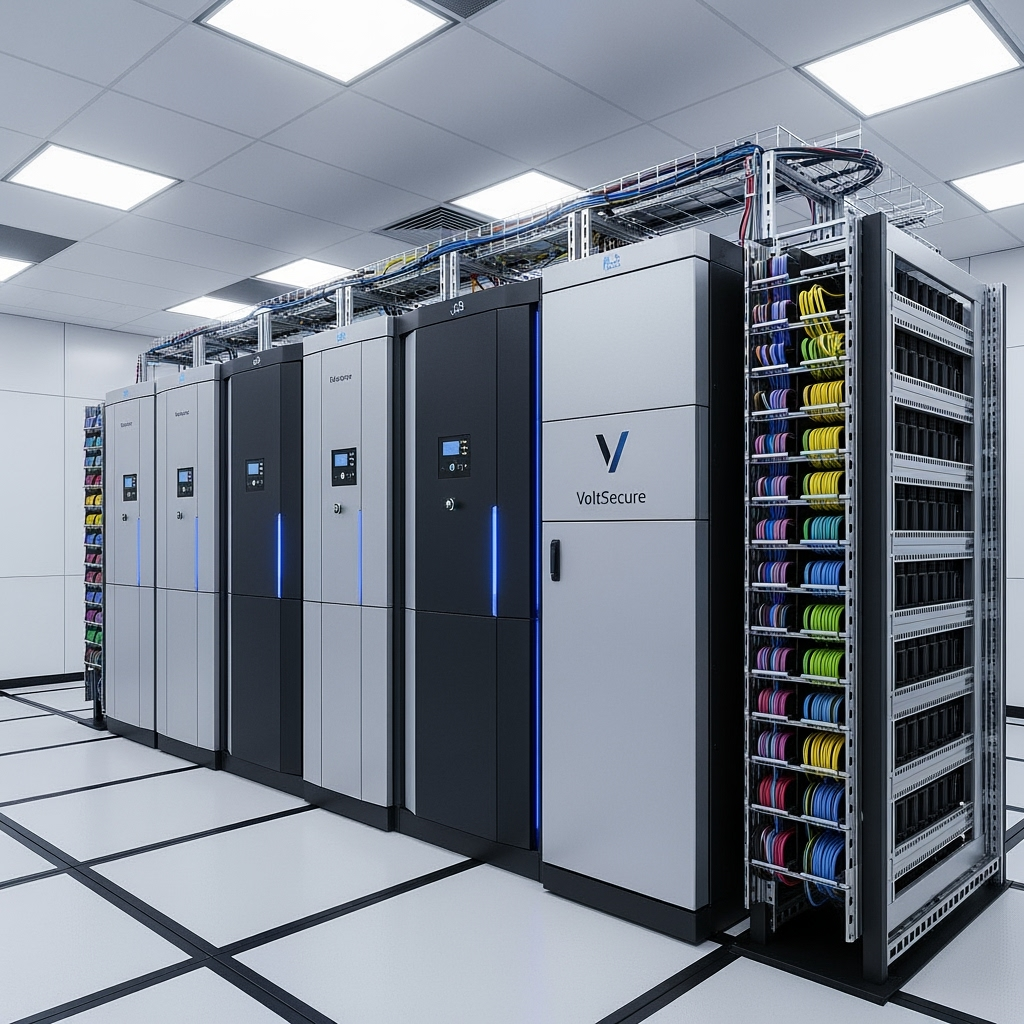
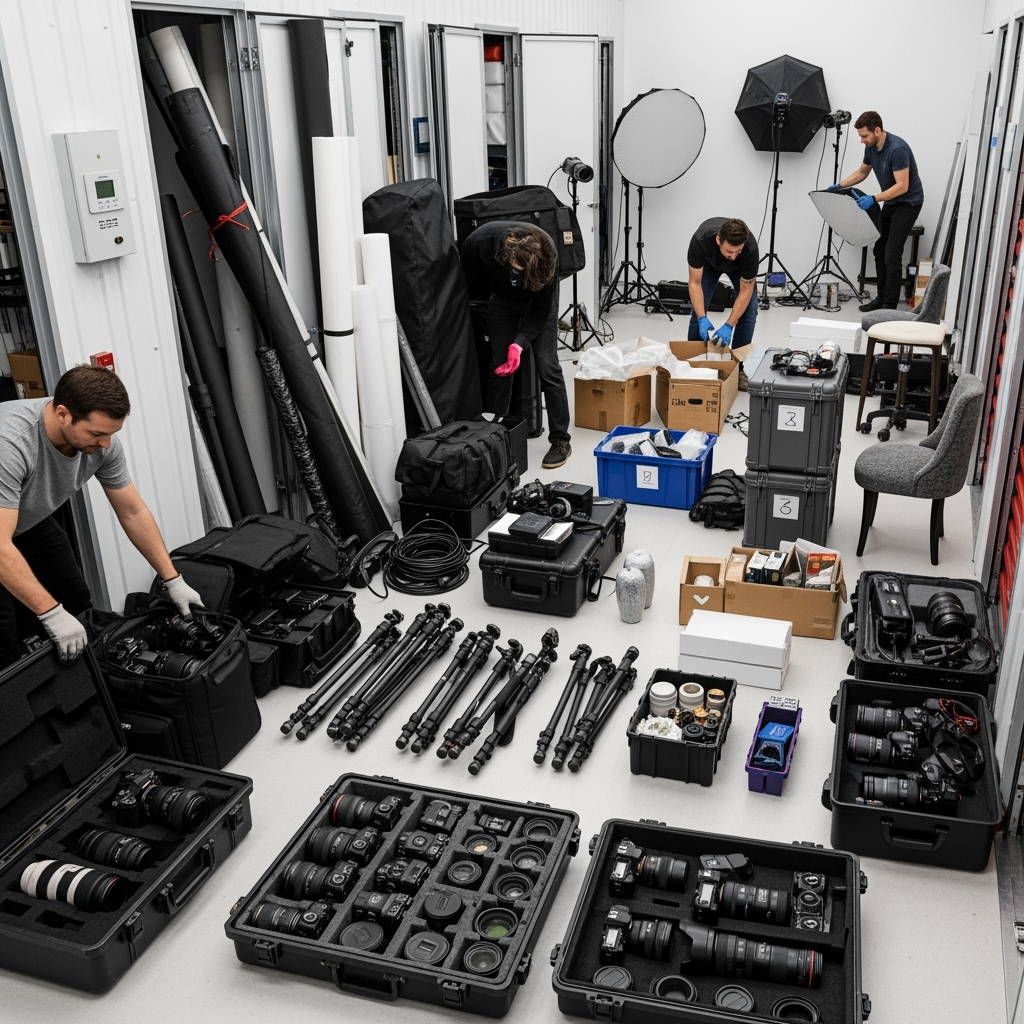
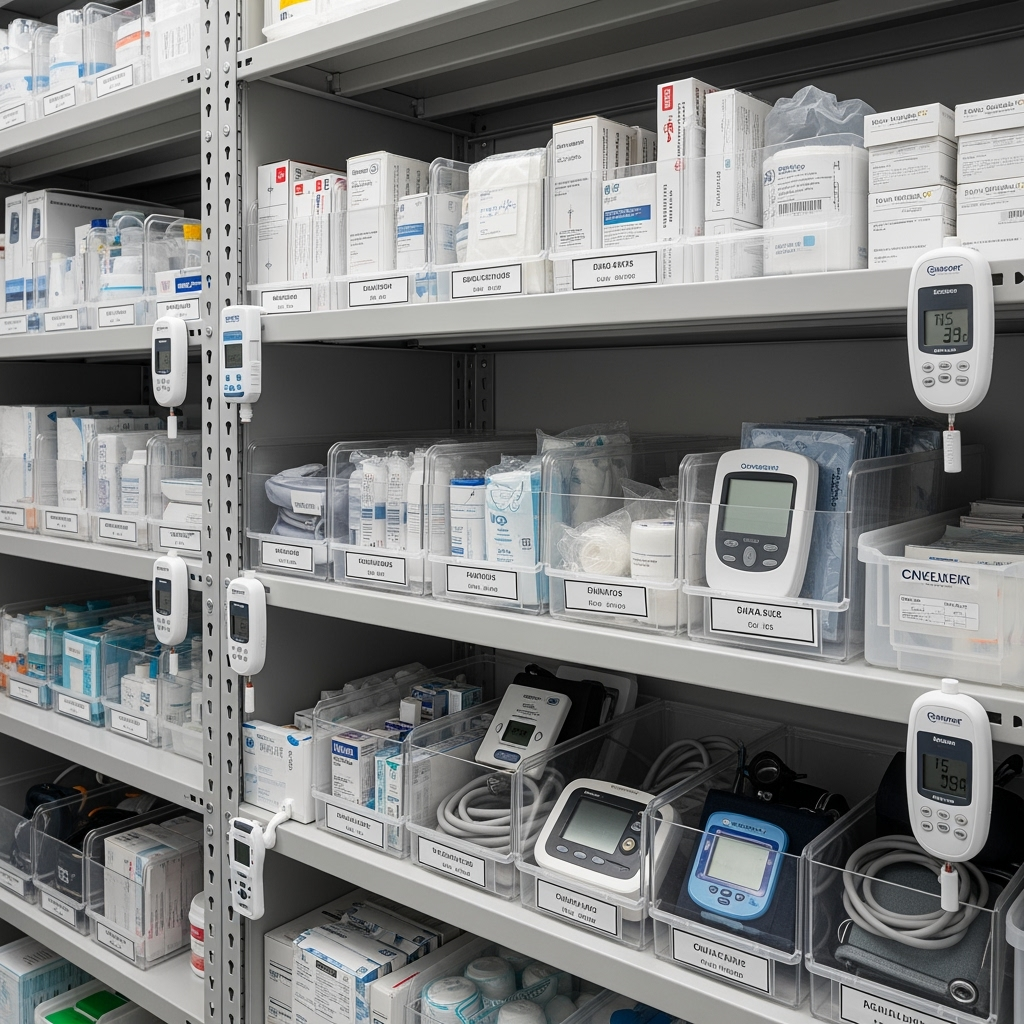
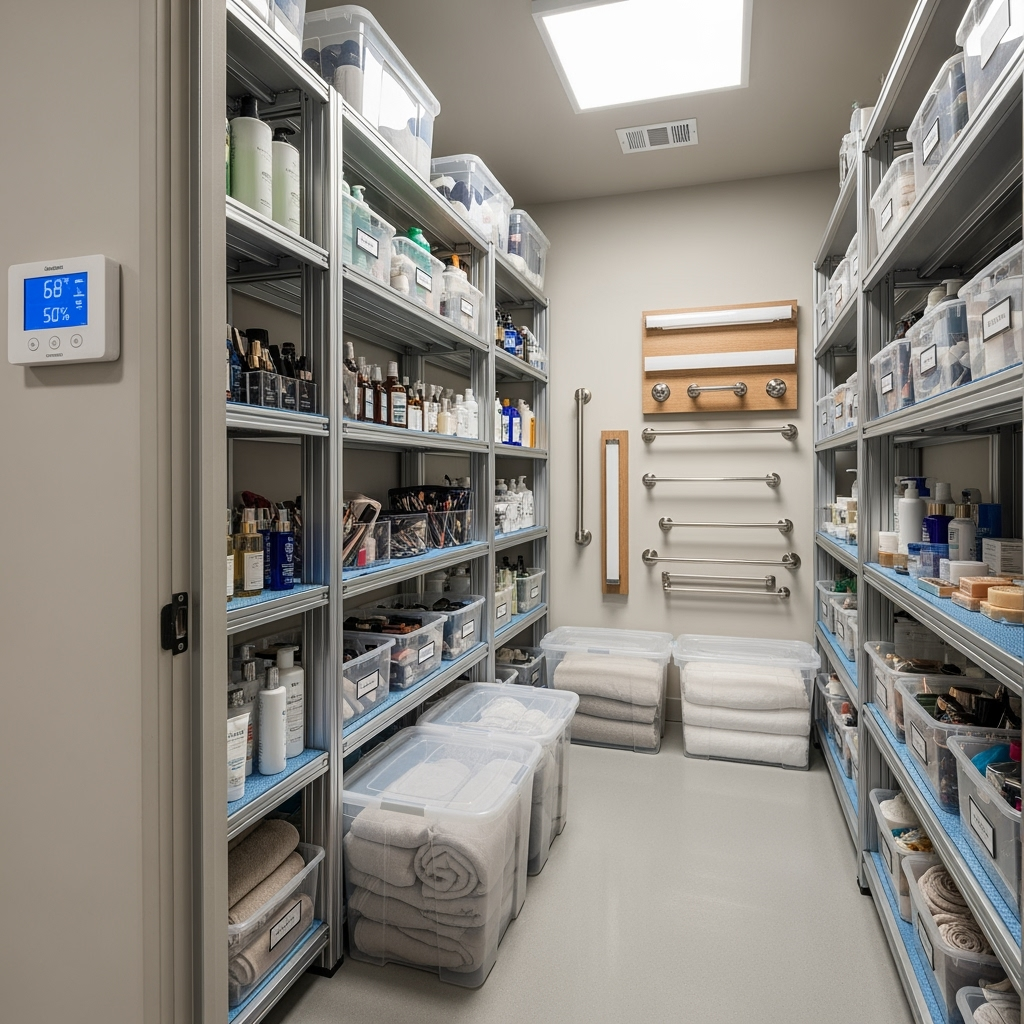
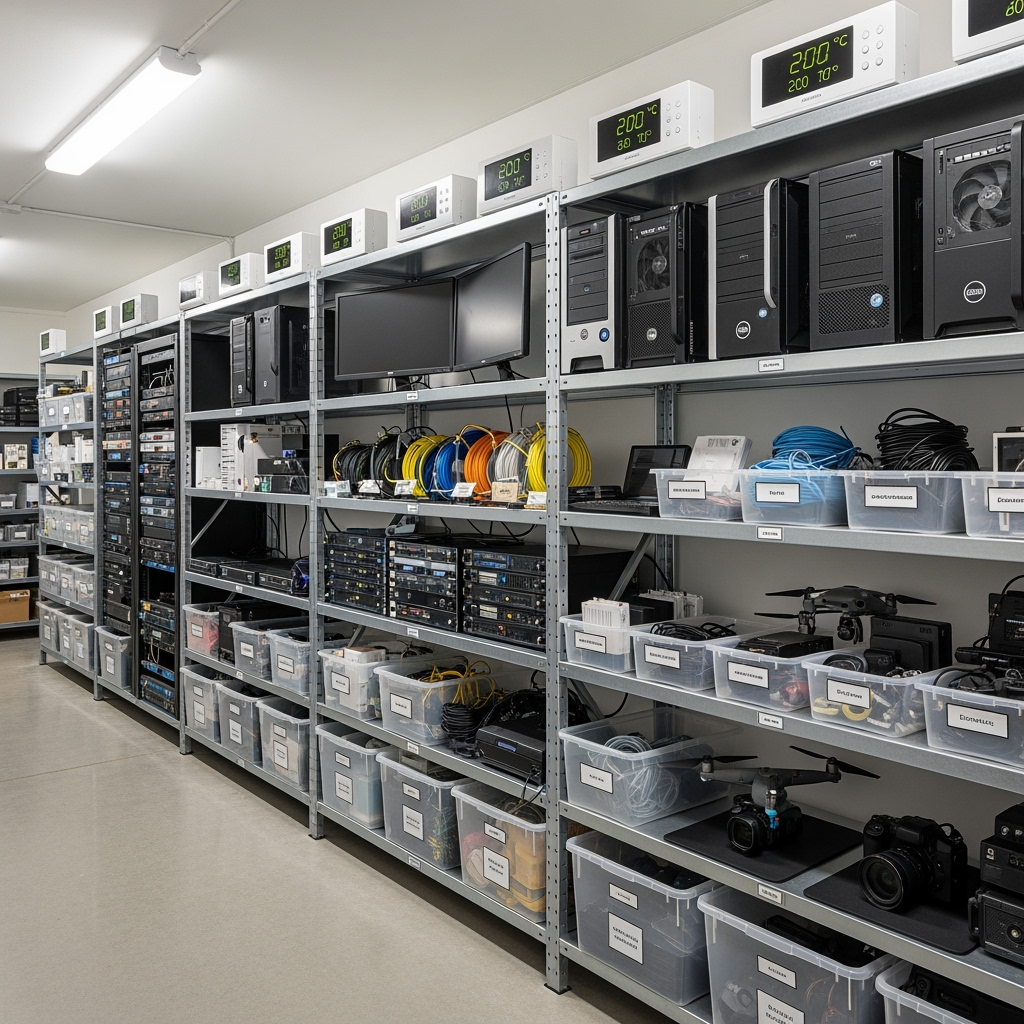
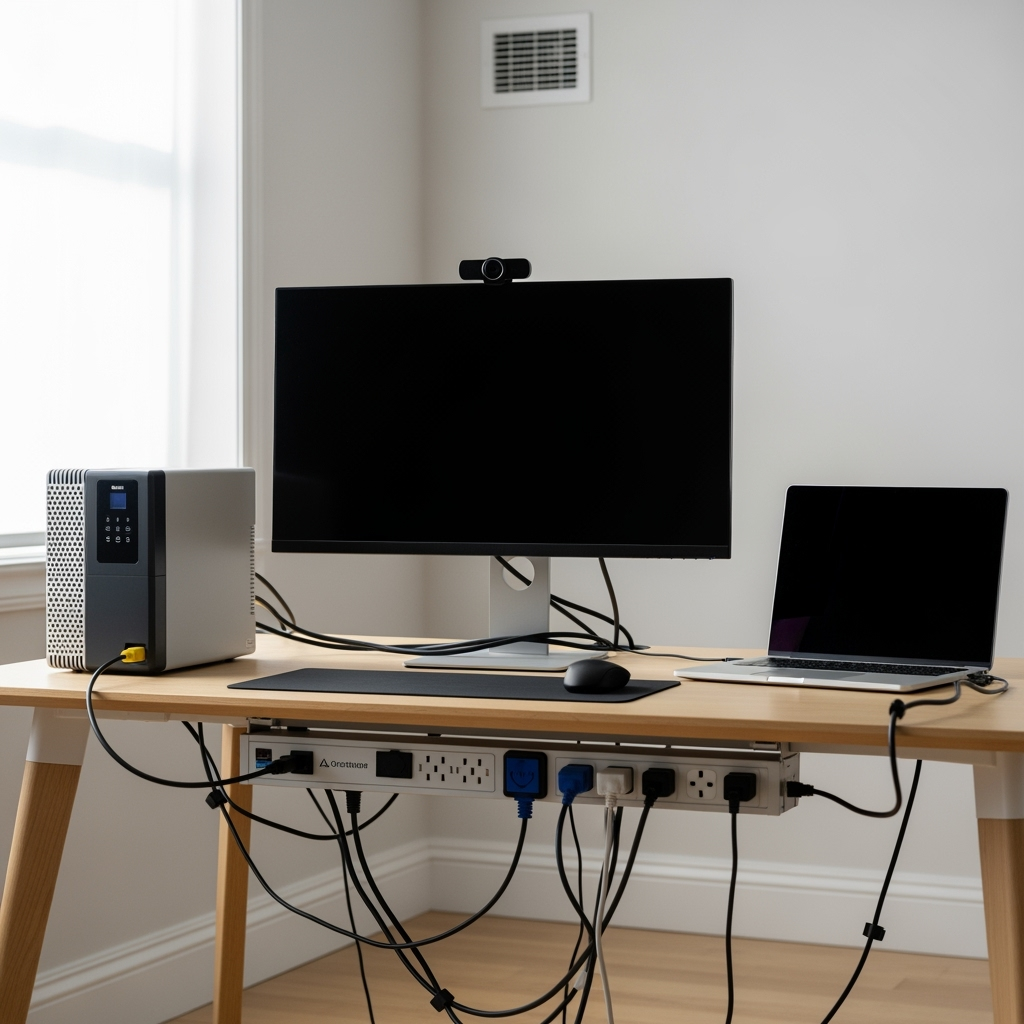
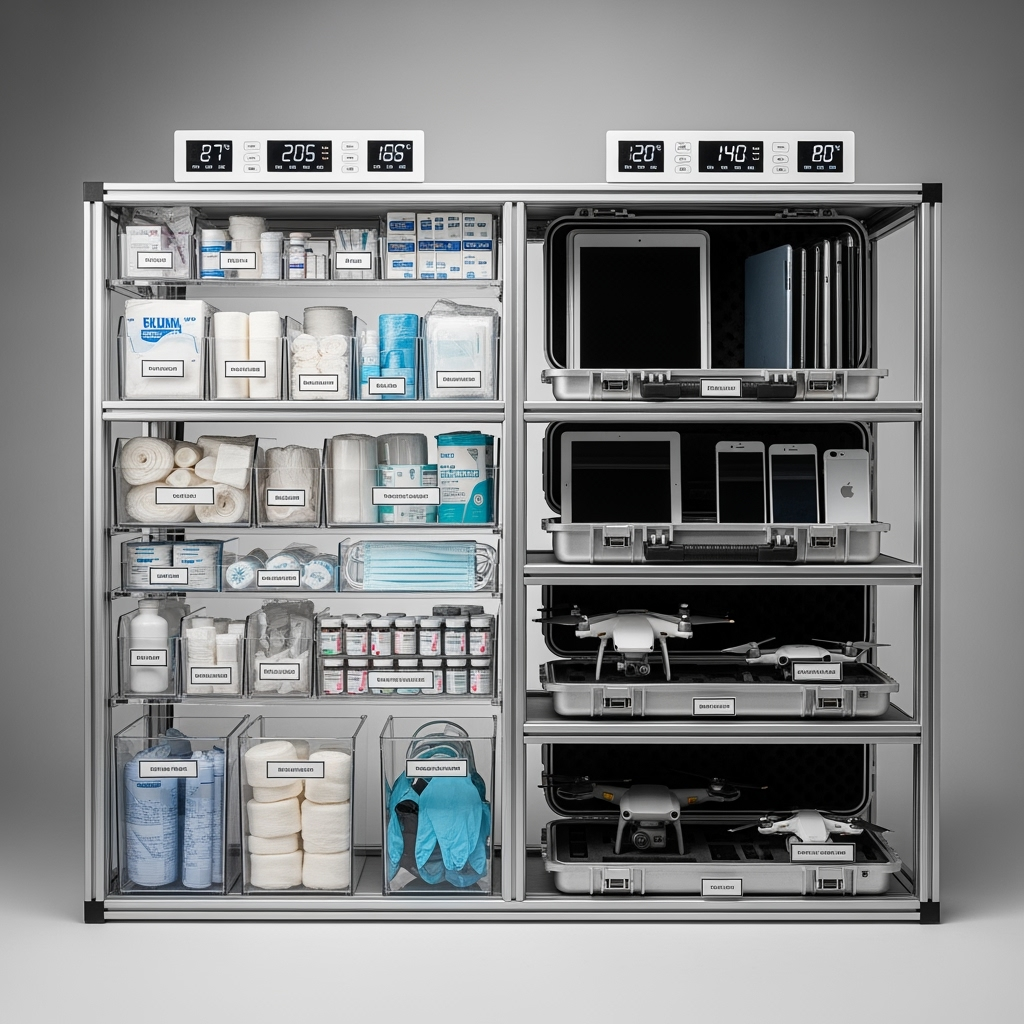
Leave a Reply